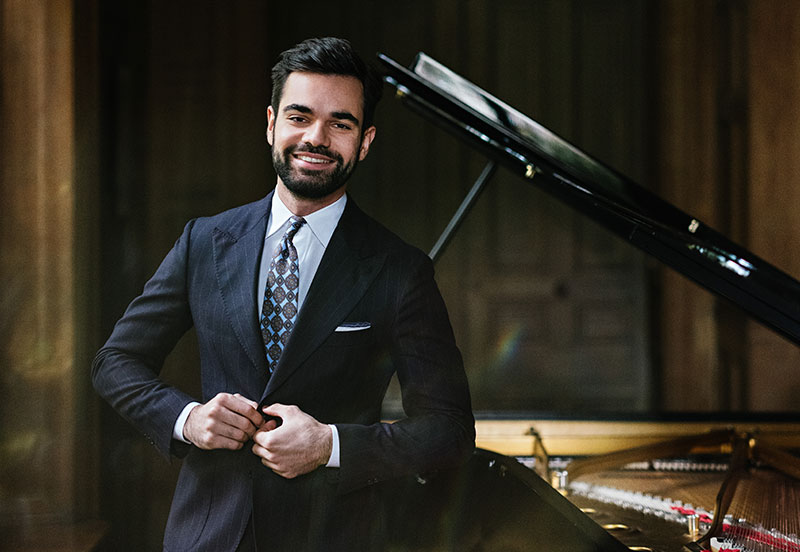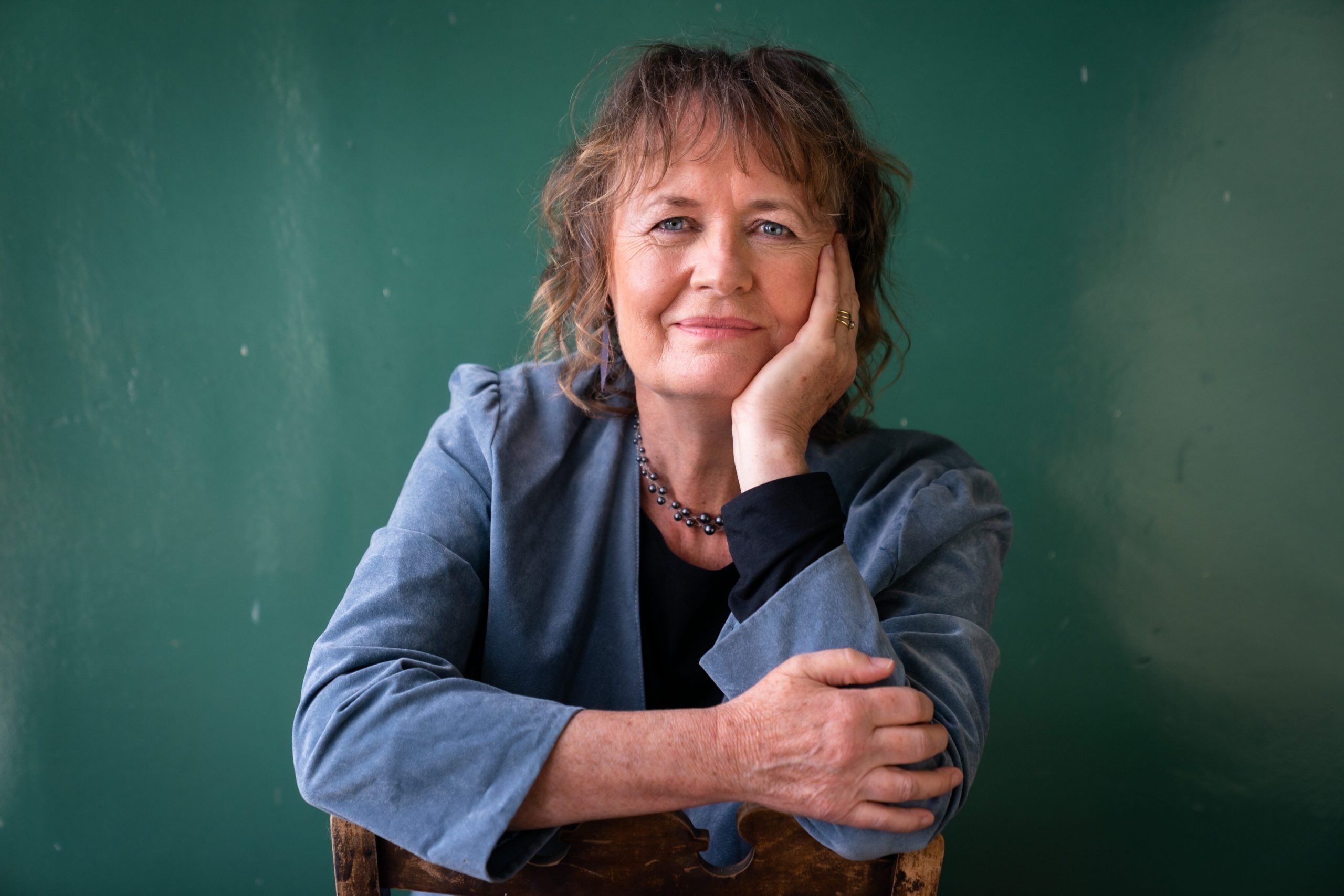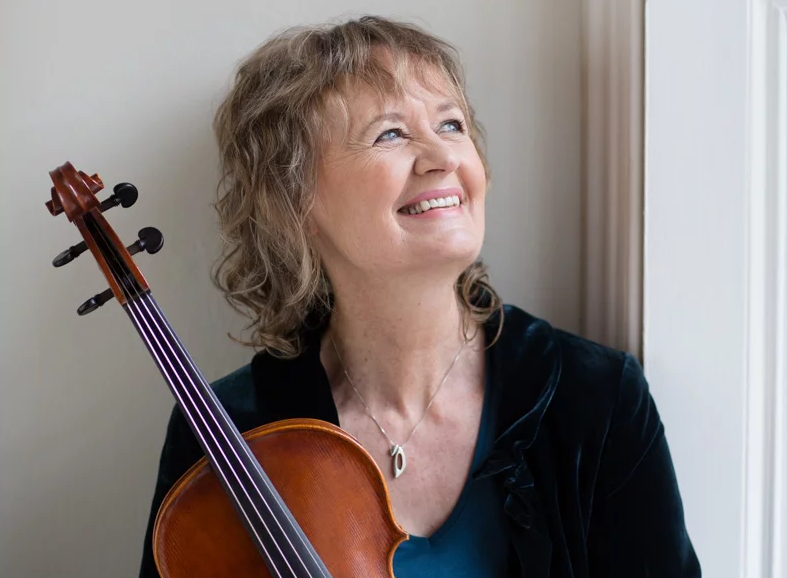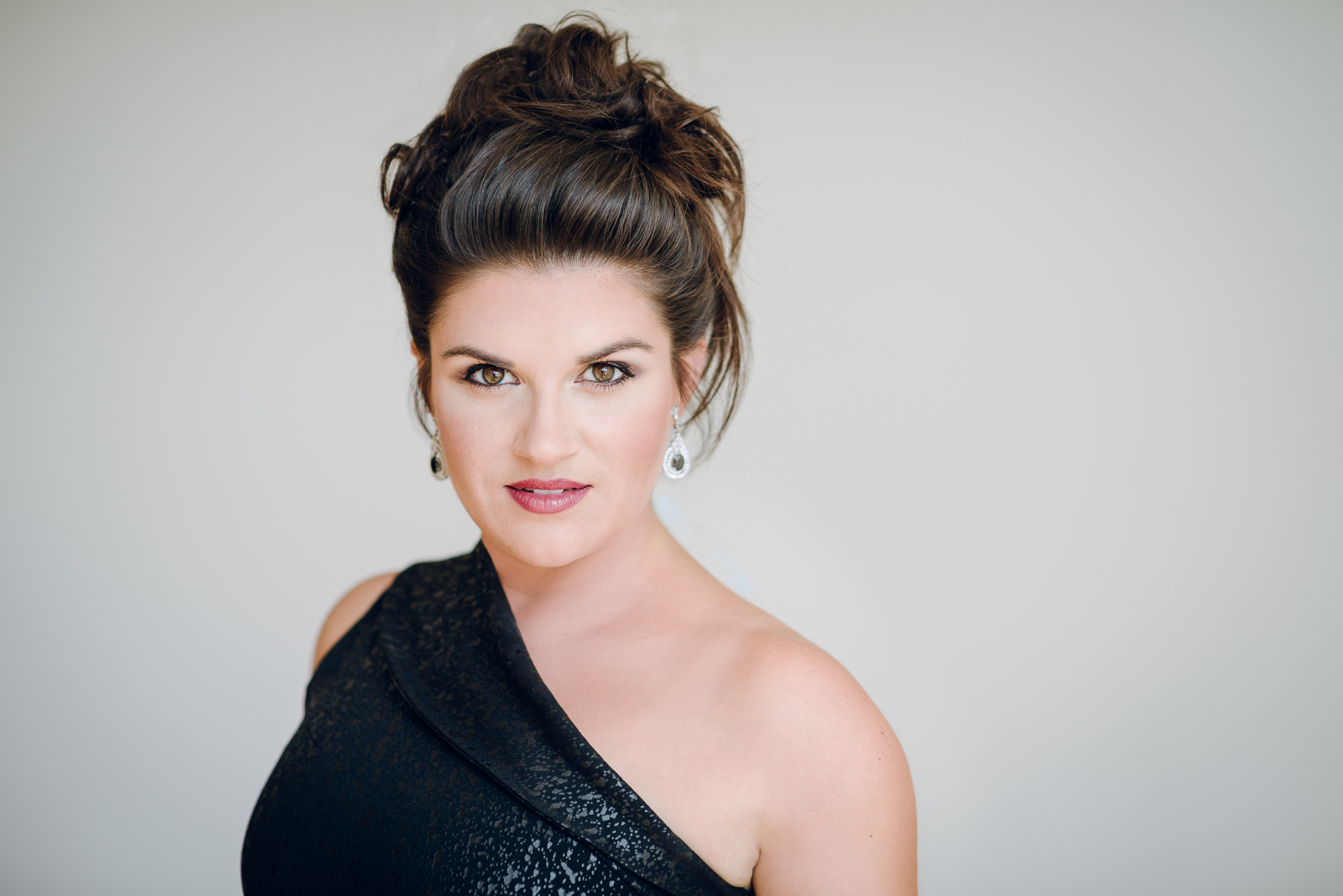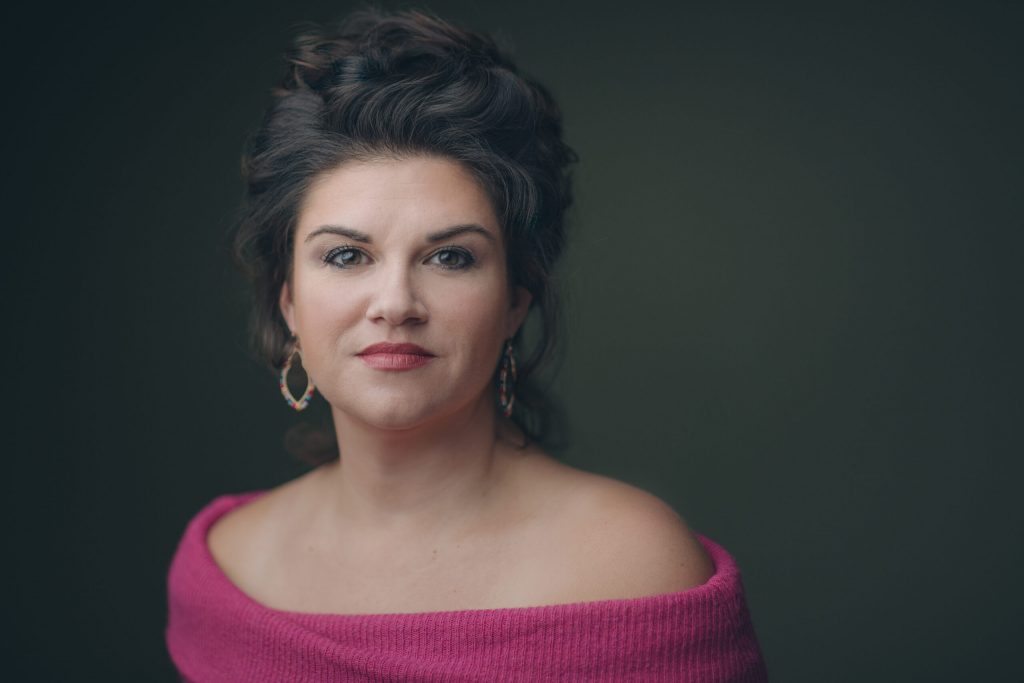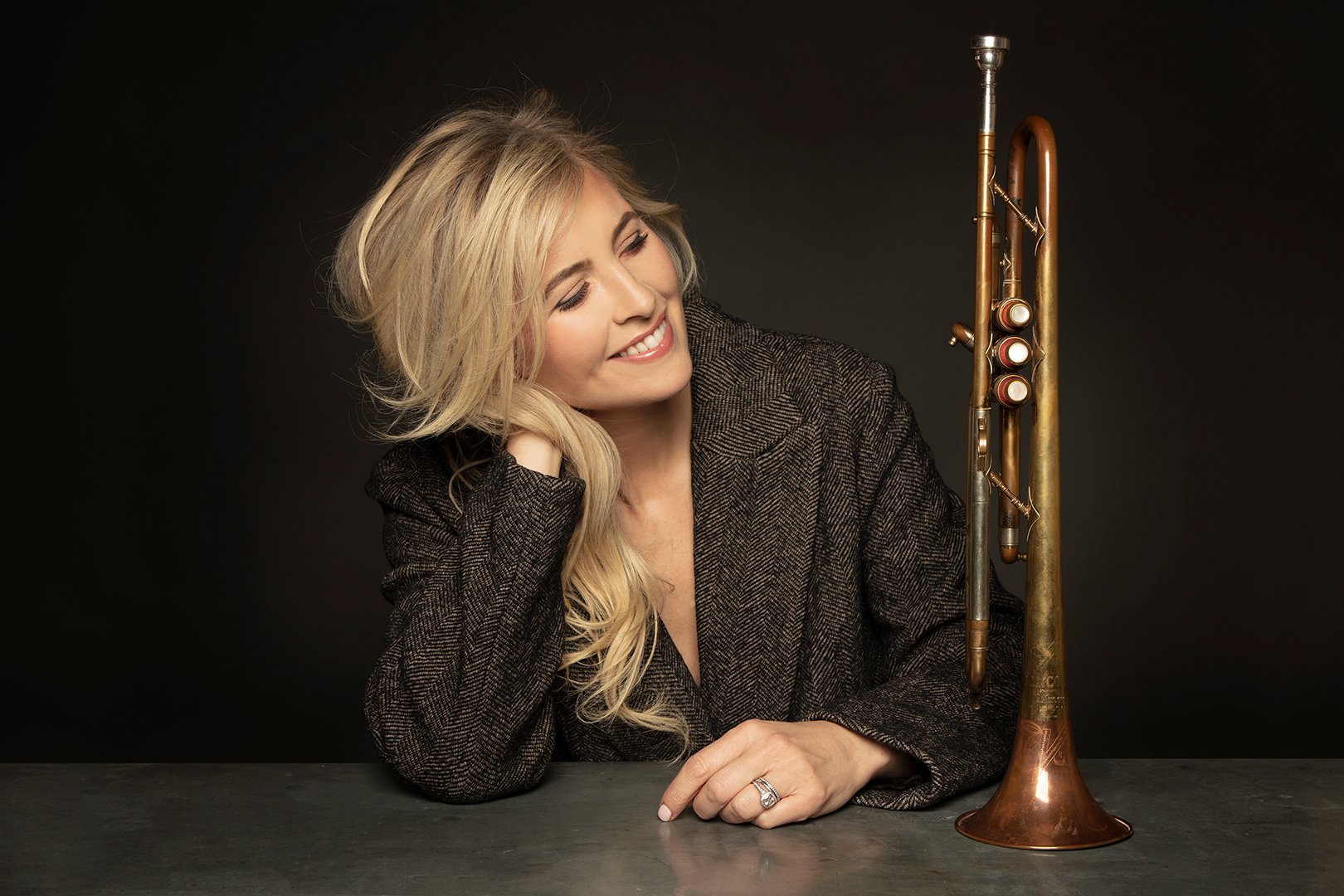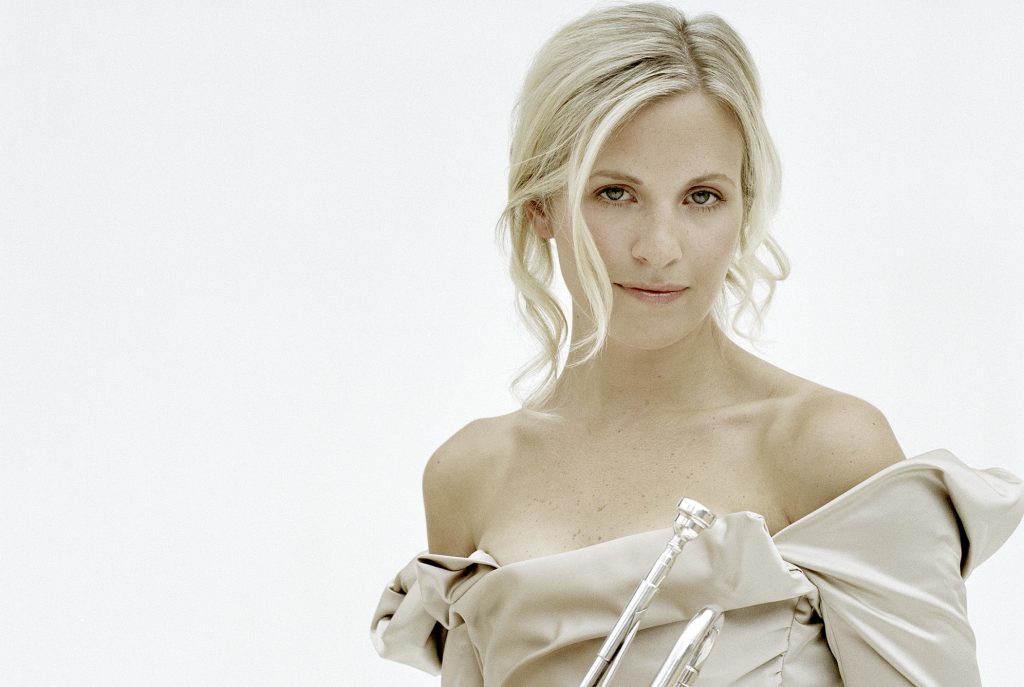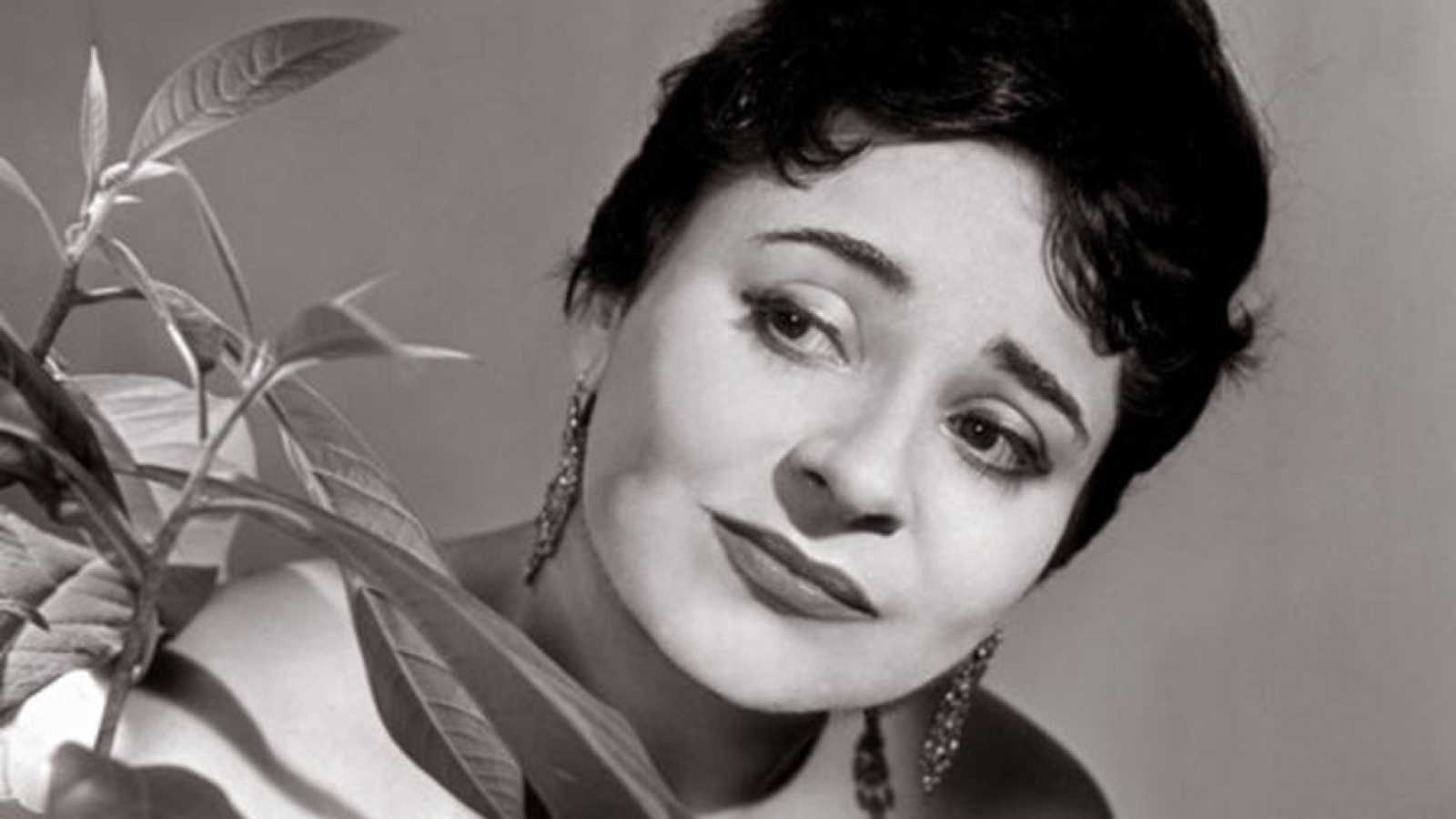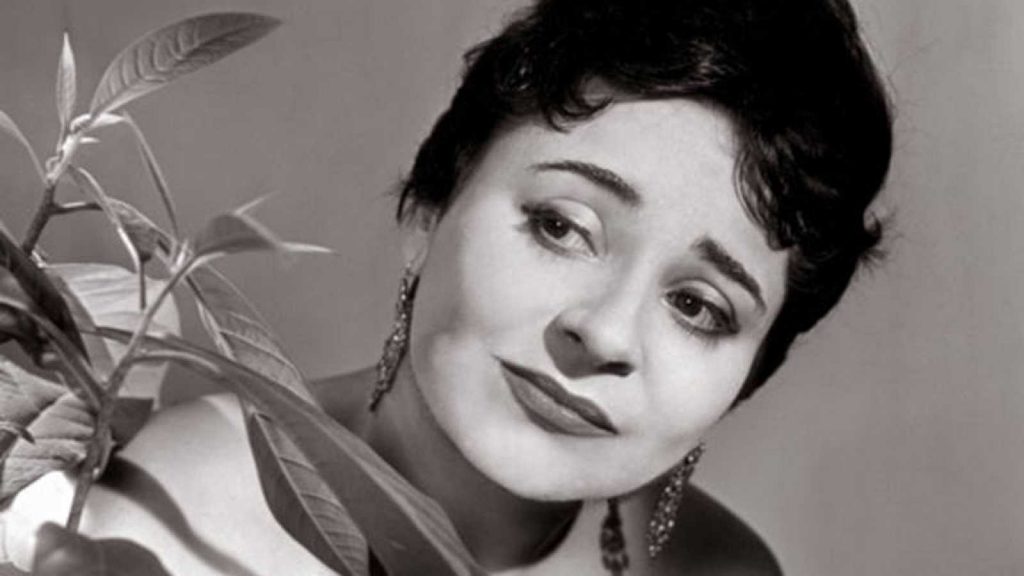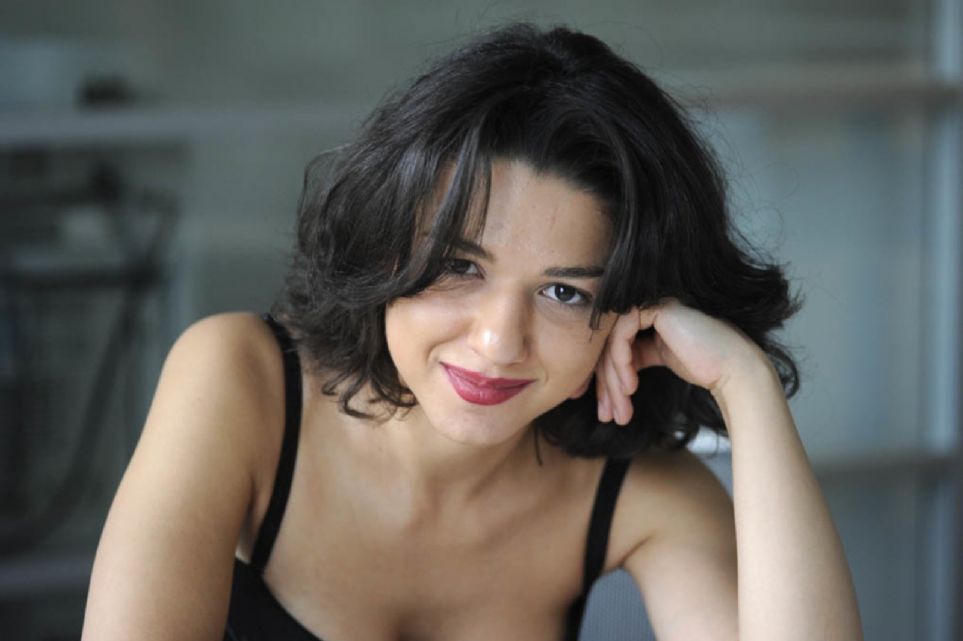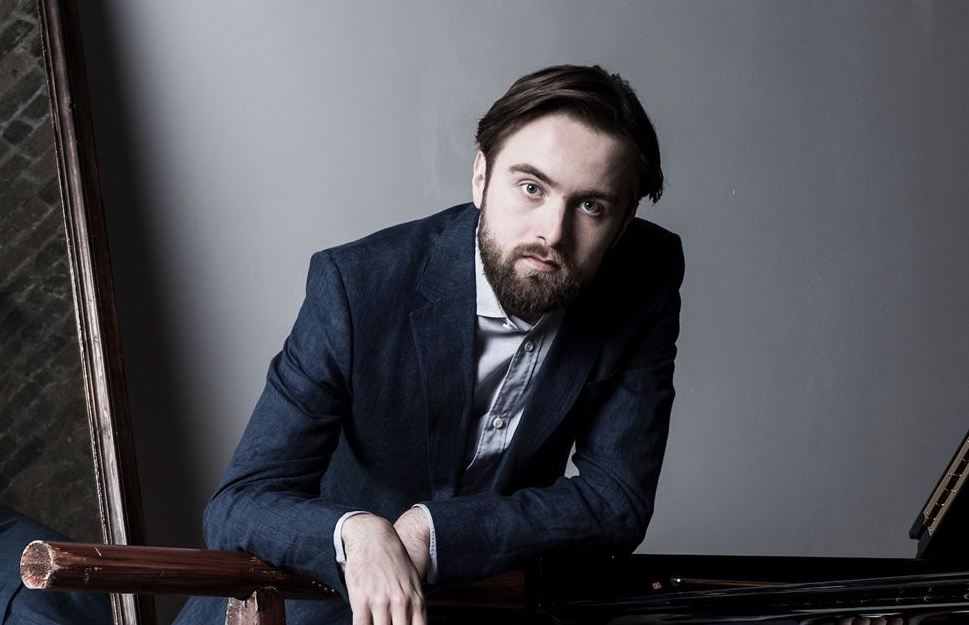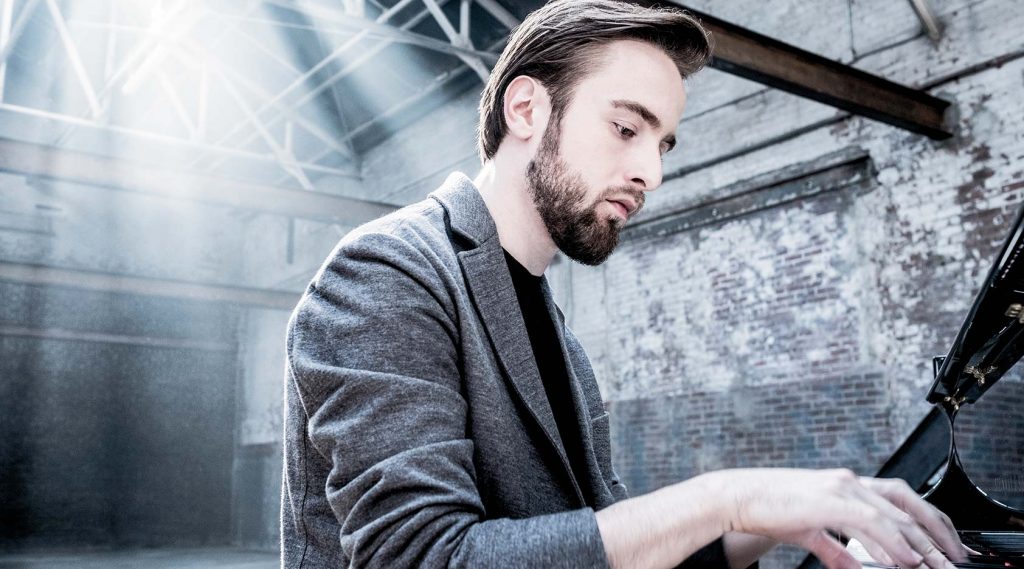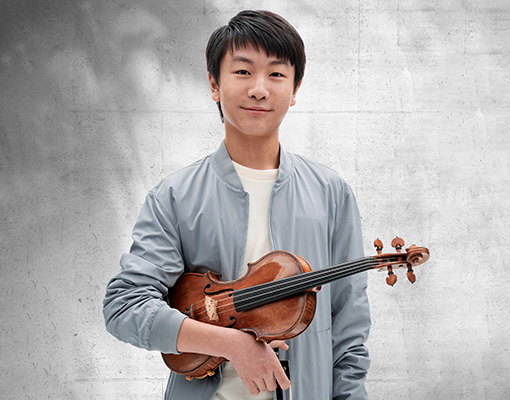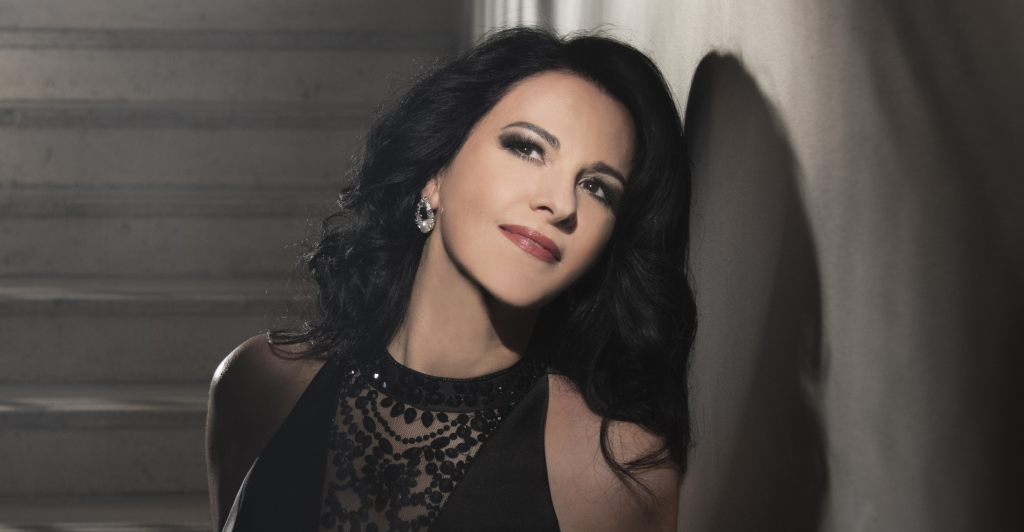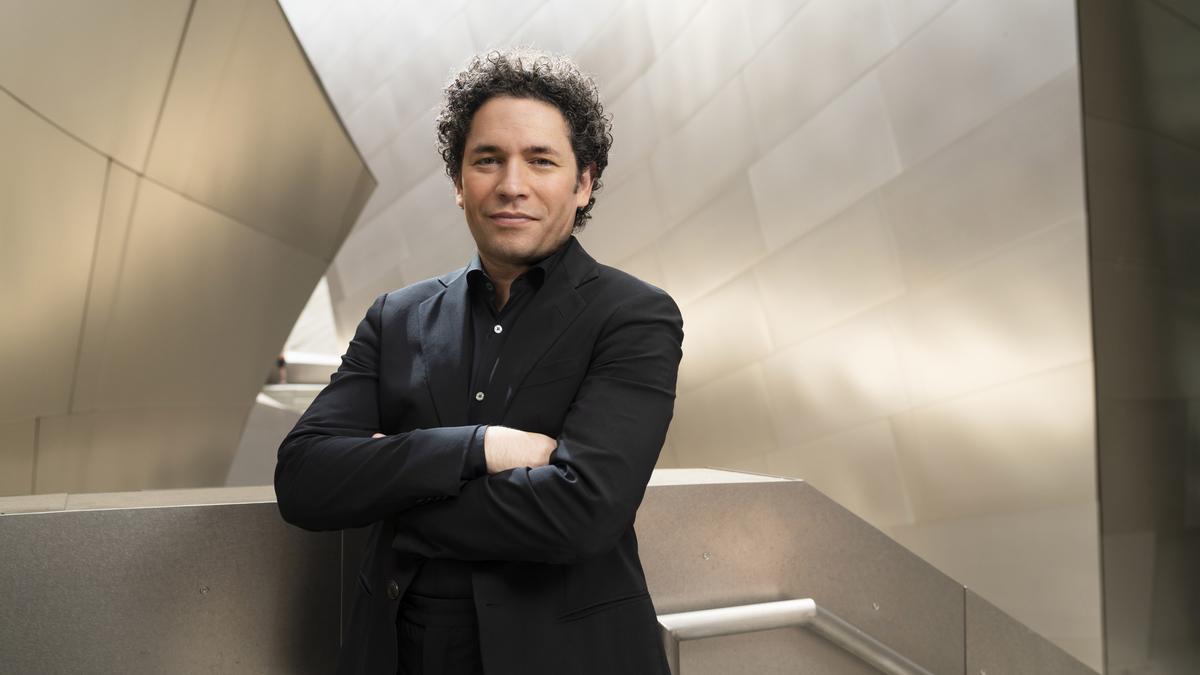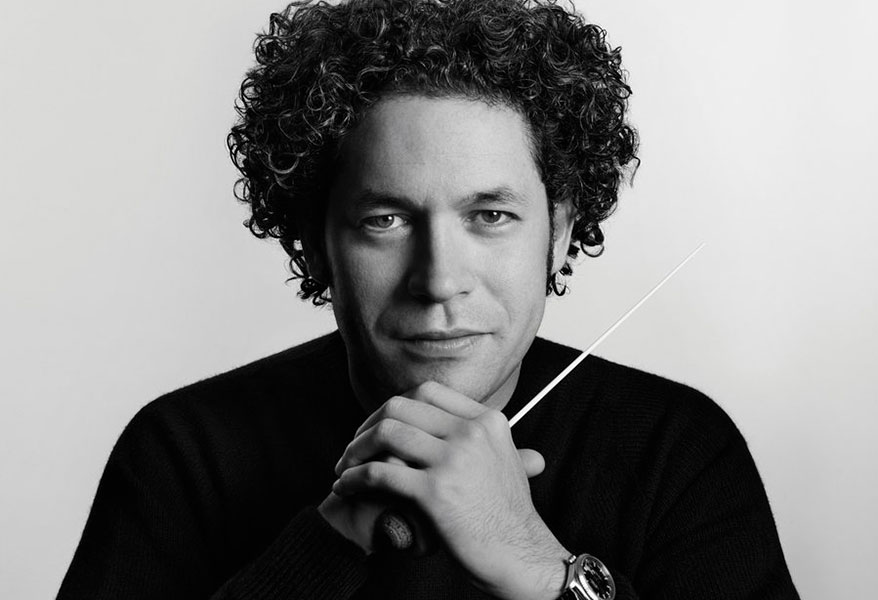Jean Paul Gasparian
A Symphony of Keys
Jean-Paul Gasparian, a name synonymous with the poetic touch of the piano, emerged from the heart of Paris, a city as romantic and artistically rich as his music. Born into a family with a deep reverence for classical music, Gasparian’s initiation into the world of the piano commenced at a tender age, setting him on a path towards musical greatness.
Gasparian’s educational journey in music is as notable as his performances. He honed his skills at the revered Paris Conservatory, where he was nurtured under the watchful eyes of experts in the field. His early accomplishments at the conservatory were a harbinger of the accolades that would follow. His profound understanding of music was further enriched by his studies in chamber music, where he learned the art of blending his piano with the voices of other instruments.
The summer academies of Europe played a pivotal role in shaping Gasparian’s artistic persona. Under the mentorship of seasoned pianists, he absorbed the subtleties of musical expression, adding depth to his already impressive technique. His time at the Paris CNSM, studying with some of the best in the field, was a period of intense growth, preparing him for the demanding world of international piano competitions.
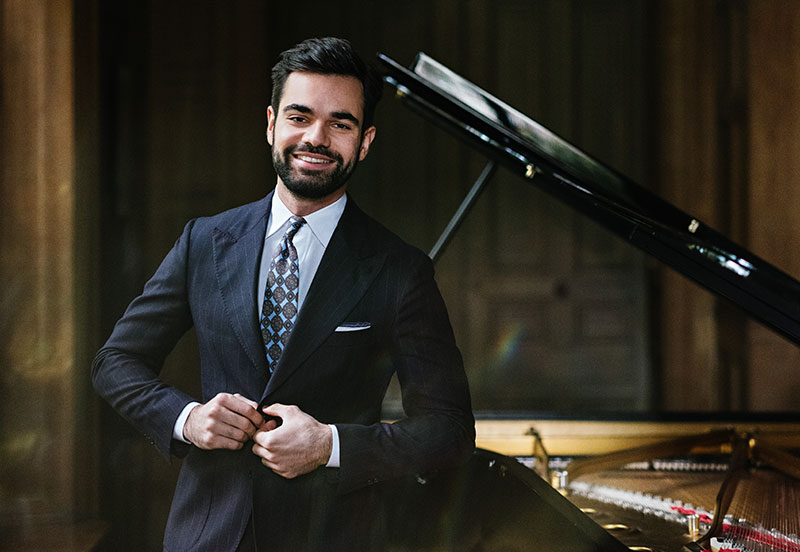
Gasparian’s journey through these competitions is a tale of triumph. He captured the attention of the classical music world with his victories and became a sought-after performer at prestigious concert halls and festivals across Europe. His performances, whether in Paris or at international venues, are remembered for their emotional depth and technical brilliance.
In 2013, Gasparian’s repertoire expanded to include major concertos, showcasing his ability to command the grand stage with orchestral accompaniment. His performances of Liszt and Beethoven concertos were not just concerts but musical narratives told through the keys of the piano.
His continuous pursuit of excellence led him to prestigious awards and recognitions, each a testament to his growing stature in the world of classical music. His interpretation of Debussy, recorded in 2022, stands as a testament to his ability to breathe life into classical compositions, making them resonate with contemporary audiences.
Today, Jean-Paul Gasparian isn’t just a pianist; he’s a storyteller whose medium is the piano. His journey from a young Parisian prodigy to an internationally acclaimed artist is a narrative of dedication, passion, and the transformative power of music. As he continues to grace stages worldwide, his music remains a bridge between the classical traditions of the past and the evolving artistic expressions of the present.

